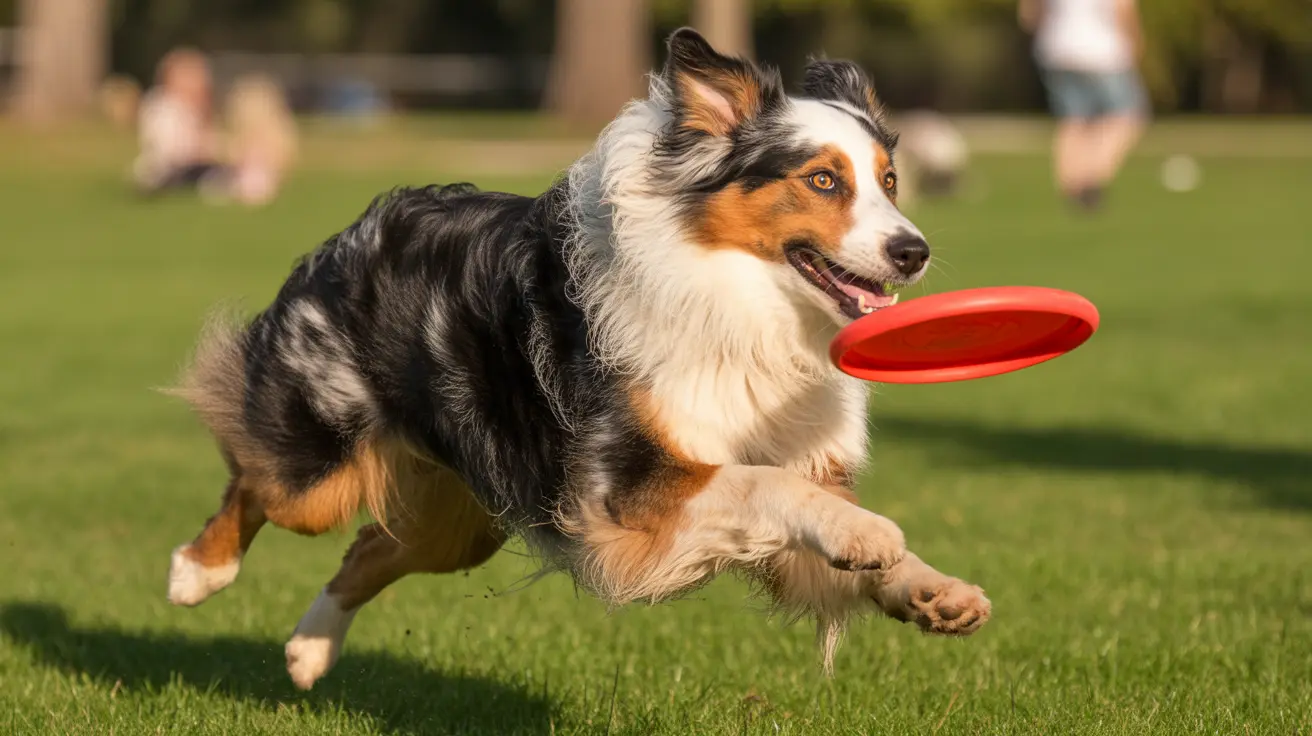As pet owners increasingly turn to natural remedies, questions about eucalyptus oil safety have become more common. While this essential oil offers various potential benefits, it's crucial to understand the risks and proper usage guidelines to keep your furry friends safe.
This comprehensive guide will explore whether eucalyptus oil is safe for dogs, proper usage methods, and important precautions every pet owner should know.
Understanding Eucalyptus Oil and Dogs
Eucalyptus oil is a potent essential oil derived from eucalyptus trees. While it offers therapeutic properties for humans, its effects on dogs can be dramatically different. Dogs have much more sensitive respiratory systems and metabolisms than humans, making them more vulnerable to essential oil toxicity.
Potential Risks and Dangers
When it comes to eucalyptus oil and dogs, there are several serious risks to consider:
Toxicity Concerns
Eucalyptus oil contains compounds that can be toxic to dogs when ingested or absorbed through the skin. Even small amounts can cause adverse reactions in some dogs, particularly those with sensitive systems or underlying health conditions.
Respiratory Issues
Dogs exposed to concentrated eucalyptus oil vapors may experience respiratory irritation, coughing, or breathing difficulties. This is especially concerning for breeds with pre-existing respiratory conditions or flat-faced (brachycephalic) dogs.
Safe Usage Guidelines
Proper Dilution
If you choose to use eucalyptus oil around dogs, proper dilution is absolutely essential. Never use pure eucalyptus oil directly on your pet. A safe dilution ratio is typically 0.25-1% eucalyptus oil in a carrier oil.
Safe Application Methods
When using diluted eucalyptus oil:
- Keep it away from areas your dog might lick
- Avoid applying near eyes, nose, and mouth
- Never add it to food or water
- Use in well-ventilated areas only
Beneficial Applications
When used correctly, eucalyptus oil may offer some benefits:
Natural Pest Control
Properly diluted eucalyptus oil can help repel fleas and ticks. However, it should never be the primary method of pest control, and consultation with a veterinarian is recommended.
Environmental Uses
Rather than applying to your pet, consider using eucalyptus oil for:
- Cleaning pet areas (after thorough drying)
- Deodorizing spaces (with proper ventilation)
- Sanitizing pet accessories (when completely dry before use)
When to Avoid Eucalyptus Oil
Avoid using eucalyptus oil around:
- Puppies
- Pregnant or nursing dogs
- Dogs with respiratory issues
- Pets with liver or kidney problems
- Senior dogs
- Dogs with known sensitivities
Frequently Asked Questions
Is eucalyptus oil safe to use around my dog, and what precautions should I take?
Eucalyptus oil can be used around dogs with extreme caution, but it must be properly diluted and never applied directly to pets. Always ensure good ventilation and keep all essential oils out of your dog's reach.
What are the signs of eucalyptus oil poisoning in dogs, and what should I do if my dog ingests it?
Signs include vomiting, lethargy, excessive drooling, diarrhea, confusion, and depression. If you suspect your dog has ingested eucalyptus oil, contact your veterinarian or animal poison control immediately.
Can eucalyptus oil be used as a natural flea and tick repellent for dogs?
While eucalyptus oil has natural insect-repelling properties, it should only be used as a supplementary method and never as the primary flea and tick control. Always consult your veterinarian for safe, effective pest control options.
Why is eucalyptus oil considered especially toxic to cats, and how can I protect my cat from exposure?
Cats lack certain liver enzymes needed to process essential oils, making them particularly sensitive to eucalyptus oil. If you have both cats and dogs, it's best to avoid using eucalyptus oil altogether.
Is it safe to use eucalyptus oil diffusers in a home with pets, especially cats and dogs?
Using diffusers around pets carries risks. If you must use a diffuser, ensure the room is well-ventilated, keep pets away from the diffuser, and always provide an escape route so they can leave the area if they become uncomfortable.






